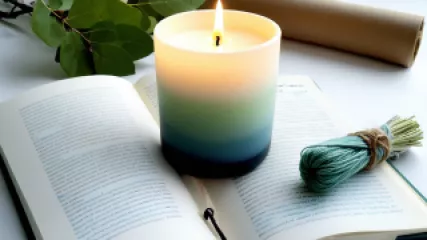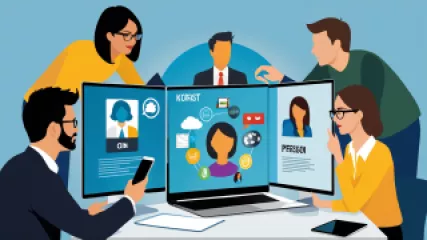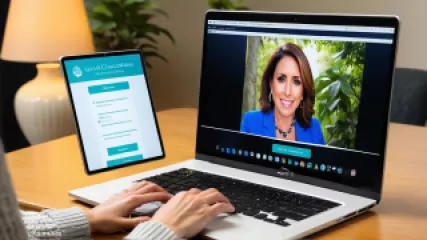Lessons from 'Avoidant' Characters: Understanding Your Attachment Style
1 year ago
Attachment Styles
Embracing Self-Acceptance: A Research-Backed Approach
1 year ago
Self Acceptance
What Are the Benefits of Drama Therapy Group Sessions?
1 year ago
Drama Therapy
Understanding the Psychology of Cooperation
1 year ago
Psychology of Cooperation
My Personal Journey to Prioritize Self-Care
1 year ago
Self Care
7 Simple Stress Relief Exercises to Ease Anxiety
1 year ago
Anxiety Relief Exercises
The Ultimate Guide to Navigating Grief
1 year ago
Grief
Breaking Free from Gender Roles: My Journey to Self-Discovery
1 year ago
Gender Roles in Society
The Science of Self-Acceptance: A Research Summary
1 year ago
Self Acceptance
5 Expert Tips to Cultivate a Positive Mindset Through Self-Care
1 year ago
Self Care
My Journey to Self-Acceptance: A Personal Story
1 year ago
Self Acceptance
The Ultimate Guide to Mindfulness Meditation for Beginners
1 year ago
Mindfulness Meditation
The Surprising Psychology Behind Effective Online Cooperation
1 year ago
Psychology of Cooperation
10 Best Mindfulness Meditation Practices for Beginners
1 year ago
Mindfulness Meditation
Navigating Grief: An Interview with a Virtual Grief Recovery Program Expert
1 year ago
Grief















